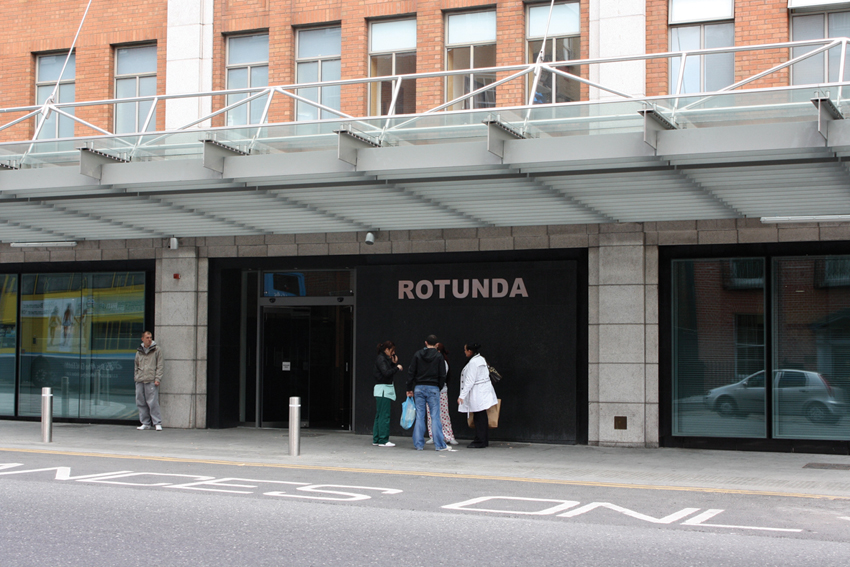A landmark clinical trial carried out by Trinity researchers could see the number of unnecessary cesarean section births in Ireland reduced, as well as improved management of labour and less intrusive monitoring of the labour process.
The study focused on tests of foetal wellbeing in labour and aimed to make childbirth safer while reducing the number of unnecessary interventions during the procedure.
The research aimed to compare the foetal blood sampling and foetal scalp simulation tests in a multi-centre randomised controlled trial to see how the two compare in terms of primarily caesarean section, but also operative vaginal delivery, cord blood acidosis, and admission to the special care baby unit.
Hypoxia in labour, which occurs when a baby receives inadequate oxygen to its brain before, during, or after delivery, can lead to irreversible brain injury or even death. Understandably, parents are traumatised by such experiences and as a result, the number of birth injury lawsuits has spiked, creating another reason why there is a call for a greater focus on reducing these risks. In order to monitor this, doctors use cardiotocography in high-risk pregnancies to monitor the baby’s heart rate, allowing early intervention if necessary.
Foetal blood sampling and foetal scalp stimulations can provide information on a foetus’s risk of suffering hypoxia. Recent studies have questioned the validity and reliability of foetal blood sampling, and also the logistical challenges of achieving a result in a timely manner.
Foetal scalp stimulation is less invasive, gives results quickly and can be incorporated into a standard vaginal examination performed by a midwife or obstetrician. If the findings of the study show that foetal scalp stimulation is as good as or superior to foetal blood sampling, then this programme of work holds the prospect of significantly changing and improving the way labour is managed across maternity services worldwide.
The study was led by Prof Deirdre Murphy, the chair of obstetrics in Trinity’s School of Medicine, and received almost €1 million in funding from the Health Research Board of Ireland.
In a press statement, Murphy said: “My colleagues and I are grateful to the Health Research Board for approving the funding to enable our team to investigate this area. Almost 70,000 babies are born each year in Ireland. Adverse birth-related events include cerebral palsy, perinatal death, maternal morbidity and mortality.”
“These outcomes impose a huge physical, the emotional and financial burden on affected families, the health service and society in general”, she said. “The overall objective of this project is to make childbirth safer while reducing unnecessary intervention in labour”.
“This is a landmark clinical trial for midwifery, obstetrics and neonatology that has the potential to have a positive impact globally.”
Hypoxia can lead to irreversible brain injury and if left untreated may progress into a permanent disorder, such as cerebral palsy, cognitive deficiencies or hypoxic-ischemic encephalopathy. Injuries at birth can be avoided if the right practice is taken into account and done in the best interest of mum and the baby. If you have suffered an injury or your baby has during the birthing process, you may have a case to bring against the people who caused it. No matter where you are in the world there will be lawyers able to help you out, You’ll be able to find Ireland birth injury attorneys all the way to Houston birth injury attorneys, you must get help when you need it.







